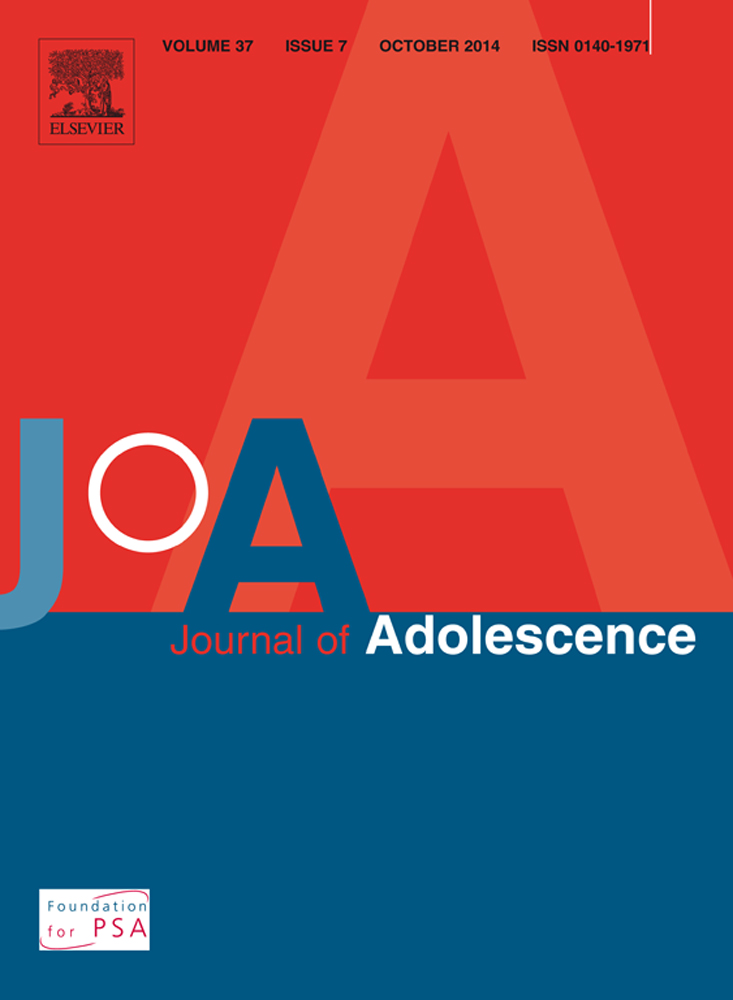Single night video-game use leads to sleep loss and attention deficits in older adolescents☆
ABSTRACT
The present study investigated adolescent video-game use prior to bedtime and subsequent sleep, working memory and sustained attention performance. Participants were 21 healthy, good-sleeping adolescents (16 male) aged between 15 and 20 years (M = 17.6 years, SD = 1.8). Time spent video-gaming and subsequent sleep was measured across one night in the sleep laboratory. There were significant correlations between time spent video-gaming and sleep and between video-gaming and sustained attention, but not working memory. Sleep duration, in turn, had a significant negative association with sustained attention performance. Mediation analyses revealed that the relationship between video-gaming and sustained attention was fully mediated by sleep duration. These results indicate that video-gaming affected the ability to sustain attention only in as much as it affected sleep. In order to minimise negative consequences of video-game playing, video-games should be used in moderation, avoiding use close to the sleep period, to obviate detriments to sleep and performance.




